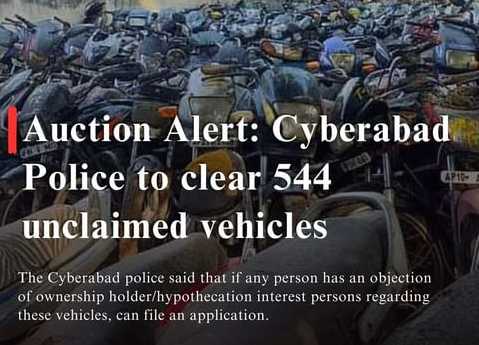POSTS
After the civil court dismissed the recovery plea, the bank is unable to proceed against the borrower in accordance with SARFAESI: HC
Sebi to Sell Properties of Rose Valley Gathering on May

Bank Auction Properties – Need to Know About Recent Changes in the SARFAESI Act
Encumbrance Certificate Complete Details

DDA Offers 15-25% Discounts on Flats in Important Locations

PMC Initiates Auction for 32 Properties Over Tax Defaults

Pune Municipal Corporation Takes Action Against Tax Defaulters

GIDC to E-auction Industrial Plots at Latambarcem and Verna

Cyberabad Police to clear 544 unclaimed vehicles

Sarfaesi Act Section 16 No Compensation to Directors for Loss of Office.